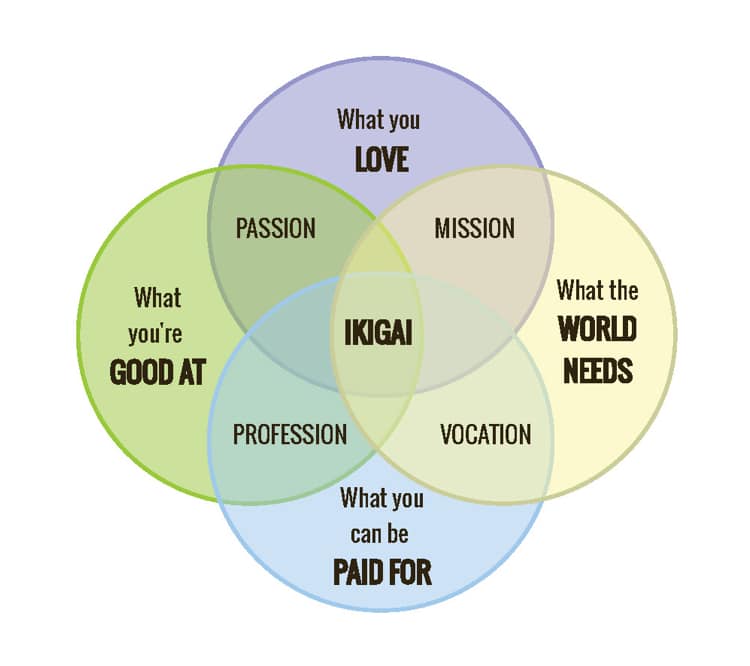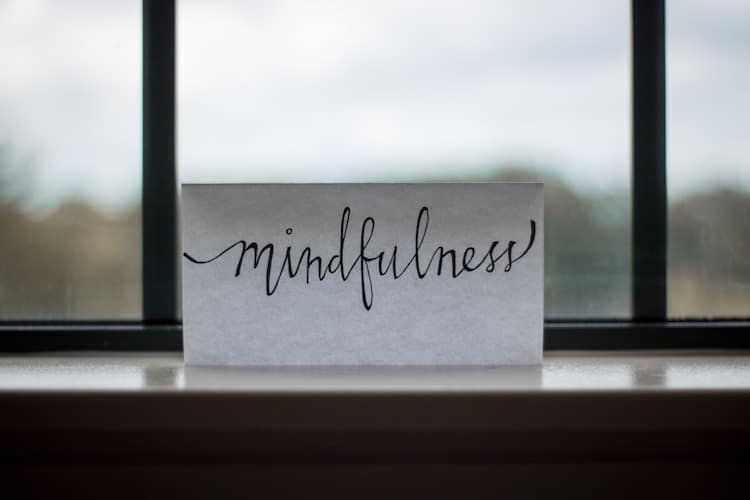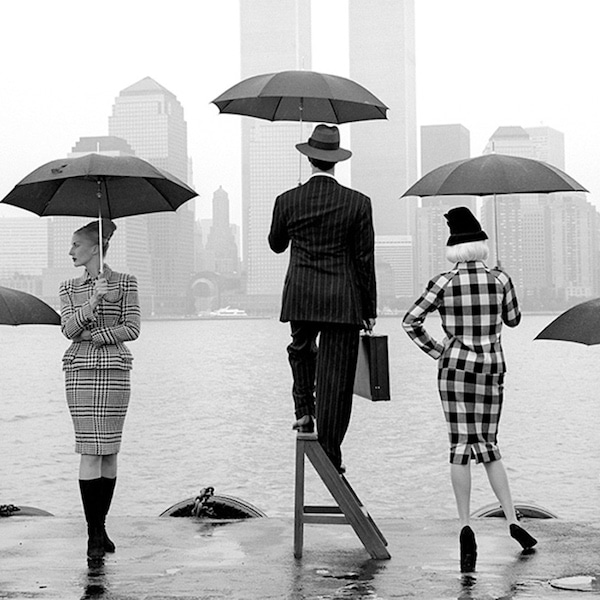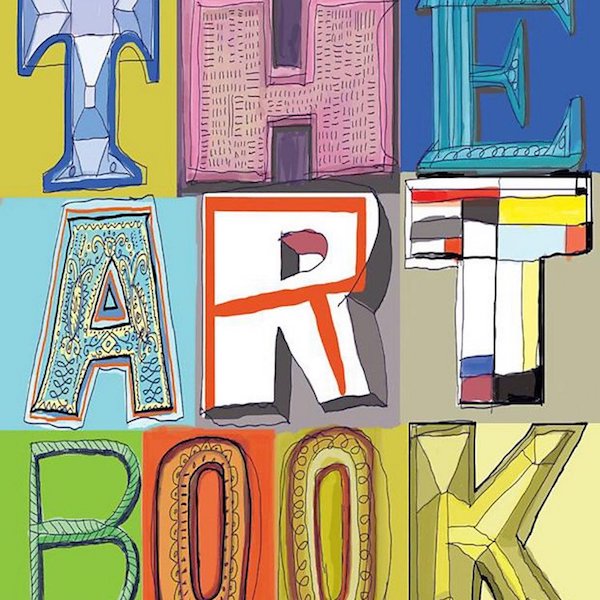
This post may contain affiliate links. If you make a purchase, My Modern Met may earn an affiliate commission. Please read our disclosure for more info.
Many of us spend our entire lives trying to achieve happiness and the perfect life balance to leave us fulfilled. So what is the key to living a full, fruitful life? In Japan, a concept called ikigai is central to finding one’s satisfaction and meaning in life. In fact, ikigai translates to “reason for being.”
Interestingly, ikigai is certainly not tied just to financial status. It’s more about what puts a smile on your face when you wake up in the morning and keeps you motivated. Finding your ikigai can be a long process that requires deep reflection into your wants and needs in all areas of your life. In short, it’s finding the answer to the question: “What should I do with my life?”
It’s a question that many of us struggle with our whole lives. While some people feel a call to a specific profession or passion early in life, the majority spend a good part of their lives figuring out what truly makes them happy.
In Japanese culture, ikigai breaks down into different areas:
- What you love (Passion and Mission)
- What you are good at (Passion and Profession)
- What you can be paid for (Profession and Vocation)
- What the world needs (Mission and Vocation)

Photo: Benjamin Davies
How to Achieve Ikigai
True ikigai is achieved when all areas overlap in the center for a well-balanced. happy life. For instance, you can pursue what you love and what the world needs, but this may leave you without any wealth. Conversely, you can go after what pays you well and what you are good at, but still feel empty and unfulfilled.
Pursuing your ikigai is meant to be a challenge and takes commitment, but should also be a boost to your well-being and encourage positive relationships. So where to start? Ask yourself questions, just as you would if you were changing careers. Start with the basic questions outlined in the ikigai diagram and then hone in specifically from there. Remember, ikigai isn’t achieved overnight and isn’t meant to add undue stress to your life. What it should do is remind you that there is more than just one area of life that needs to be considered in order to be a well-rounded individual.
For every financial decision made, career or otherwise, consider the other areas of the ikigai puzzle. And, not everything can be motivated by passion if it also doesn’t make sense financially and isn’t within your skill set.

Photo: Lesly Juarez
Learn More About The Japanese Life Philosophy
And remember, in Japan ikigai is certainly not only applied to work. In fact, less than half of 2,000 Japanese men and women surveyed in 2010 counted work as their ikigai. The life philosophy, which goes back to the Heian period (794 to 1185 AD), can also be applied to a hobby or how you spend your time in retirement. And, it can evolve over time as our circumstances change.
Importantly, ikigai doesn’t mean that you need to be happy all the time. Rather, it should be seen as a pathway to navigate the difficult times, leading you where you’d ultimately like to be. Most of all, listen to your instincts. “Our intuition and curiosity are very powerful internal compasses to help us connect with our ikigai,” write Hector Garcia and Francesc Miralles write in their book, Ikigai: The Japanese Secret to a Long and Happy Life.
For the book, Garcia and Miralles traveled to Okinawa, which boasts some of the world’s longest lifespans, and interviewed citizens about their keys to happiness. They then compiled their findings into a list of “rules” to find your own ikigai. And if you are interested in reading up even more about the Japanese philosophy, try Ken Mogi’s The Little Book of Ikigai for a guide on how to apply the concept not only to your career but your pastimes and hobbies.
Using ikigai to help find serenity in your career? Join us in a discussion about art, design, and photography careers in our dedicated Facebook group on creative careers.
Related Articles:
15+ Creative Products to Help You Relax, Unwind, and Achieve “Zen”
Creative People Share What They Wish They’d Known at Every Age
20+ Best TED Talks to Inspire Creativity
13 of the Best Creative Podcasts Offering Great Advice and Endless Inspiration




















































































